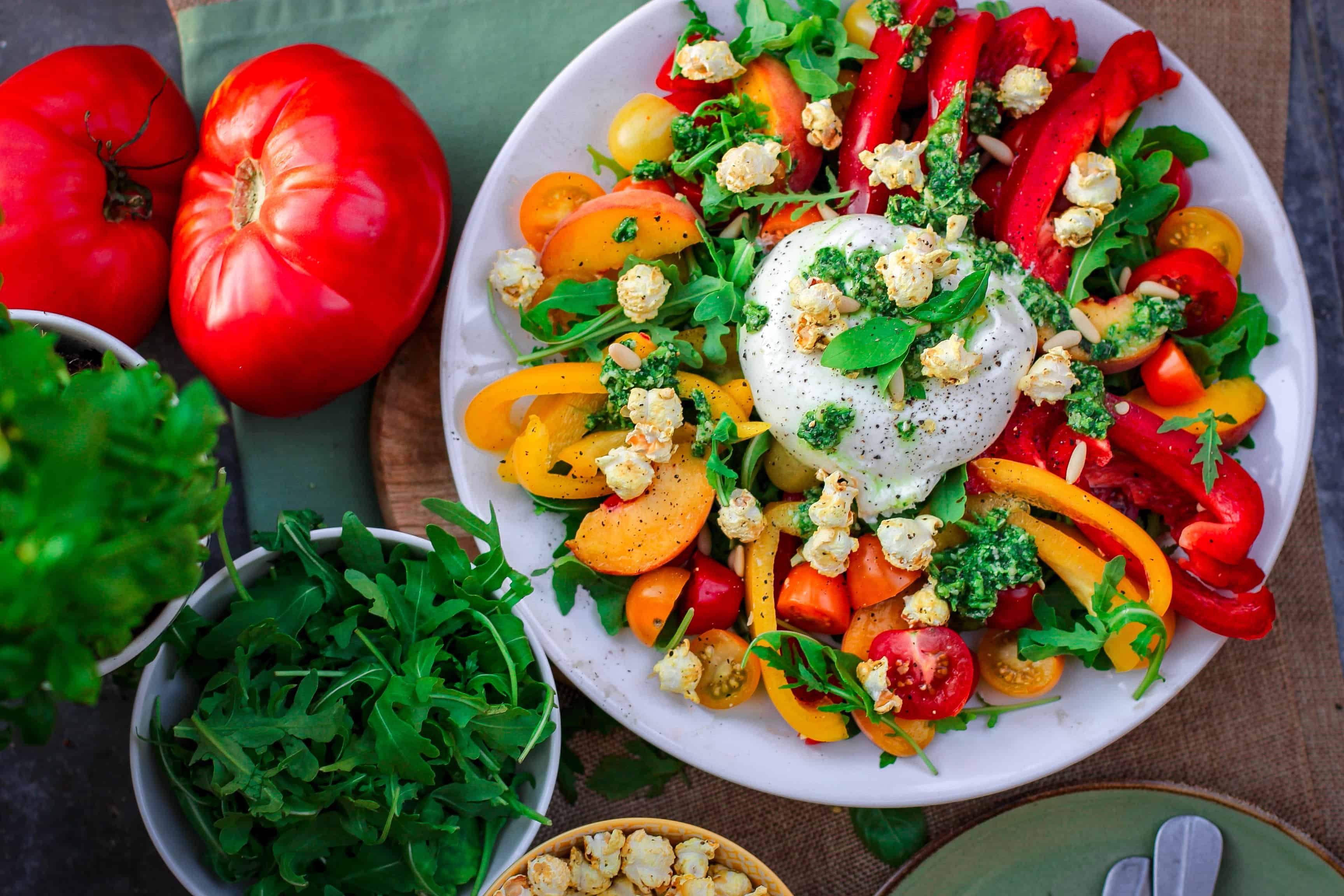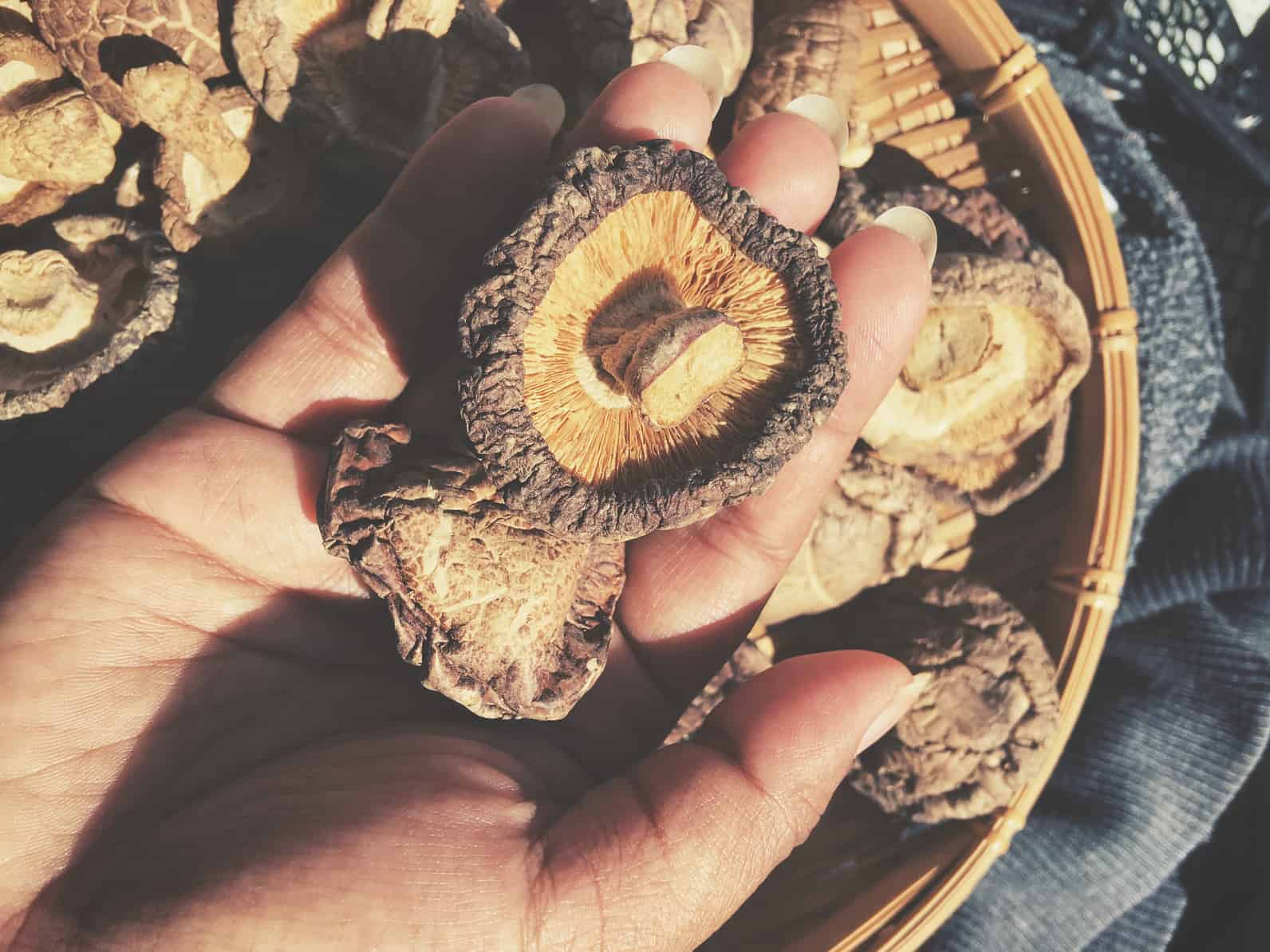Everyone’s heard the old saying, “You are what you eat.” Yet, people who should know better continue to turn to foods that just aren’t good for them when they’re feeling down. Scientists say one of the real reasons some depressed people may crave candy, ice cream and other sweet and creamy foods is because the chemical composition of these sugary, fatty treats is akin to human breast milk. By eating these high-caloric goodies, these people may be trying to rekindle that sense of peace and sense of absolute security they felt in their mothers’ arms.
It takes determination to break bad eating habits. For many of us, this process may entail not only retraining our taste buds, but also reprogramming the touch receptors on our tongues that prefer smooth, custardy textures. The good news is that this can be accomplished. There are plenty of different types of healthy foods that can lift your mood when you’re down in the dumps.
Read on to discover seven of those mood boosting foods.
Bananas
Bananas are rich in vitamins A, C and B6 as well as the essential amino acid tryptophan, which is a precursor to the neurotransmitter serotonin. Serotonin boosts your overall sense of well-being and contentment. In fact, many pharmacological antidepressants work by raising your body’s serotonin levels. The B6 in your banana helps catalyze the physiological reaction by which tryptophan is converted into serotonin, so you might say bananas deliver a double whammy in the “C’mon, get happy” department.
Berries
Specific flavor molecules called flavonoids in blueberries, blackberries, raspberries and strawberries bear a striking resemblance to the chemical structure of valproic acid, which is a pharmacological medication that’s often prescribed for mood enhancement. Berries also contain the flavonoid anthocyanidin, which is an anti-inflammatory agent. Many medical scientists believe that low levels of body inflammation may play a pivotal role in reducing chronic depression.
Dark Chocolate
Dark chocolate also contains anti-inflammatory flavonoids. Additionally, individuals who regularly eat dark chocolate show a marked decrease in cortisol levels. Cortisol is one of the stress hormones that’s responsible for the “fight or flight” response that takes over when we’re feeling anxious. Note that eating milk chocolate can also help lower cortisol levels; although, since it is a considerably more processed food, milk chocolate has far fewer flavonoids and is not as effective in controlling inflammation.
Tomatoes
Tomatoes are loaded with folic acid and alpha-lipoic acid. According to a study published in the March 2007 issue of “The Journal of Psychiatry and Neuroscience,” folic acid deficiencies are commonly found in patients who’ve been diagnosed with depression. Although scientists have not yet been able to identify the exact connection, decreased folic acid levels are often correlated with decreased serotonin levels. As we have seen above, serotonin is the “happy-making” neurotransmitter.
Turmeric
The spice turmeric, which is a staple of southern Asian cuisines, is packed with a bioactive compound called curcumin. Curcumin is a powerful oxidant whose cancer-preventative properties medical scientists are exploring. Early research that’s been carried out on curcumin’s purported anti-depressive properties also looks promising.
Spinach
Leafy green vegetables like spinach and kale are another great source of folic acid. Note that some of the folic acid in spinach can be lost when it’s cooked. Spinach also contains high concentrations of the mineral zinc. Zinc supplementation has been demonstrated to have a beneficial effect upon individuals who’ve been diagnosed with depression.
Mushrooms
Vitamin D deficiencies have been linked to depression. Unfortunately, Vitamin D is not found in many types of food. There’s one food, though, that’s just bursting with Vitamin D, and that is the humble mushroom. Your body typically manufactures its own Vitamin D from the reaction of sunlight against your skin. If you’re looking for a way to boost Vitamin D during the long winter months when there’s not much sun around, try sautéing up some mushrooms.
The Challenge of Healthy Eating
Healthy eating can be a challenge, and the manufacturers of all those packaged foods that beckon to you from the supermarket shelves are not going out of their way to make it any easier. Keep in mind you’re going with the processed food industry, which is a Goliath that reaps in billions and billions of dollars annually.
There’s no need to deny yourself the treats you love; just keep this thought in mind: “All things in moderation.” By eating a variety of foods every day, limiting your fat intake and trying to make sure your caloric intake equals your caloric output, you can make sure your eating is a happy balance.
https://www.youtube.com/watch?v=yG-G9_LOkLA



















